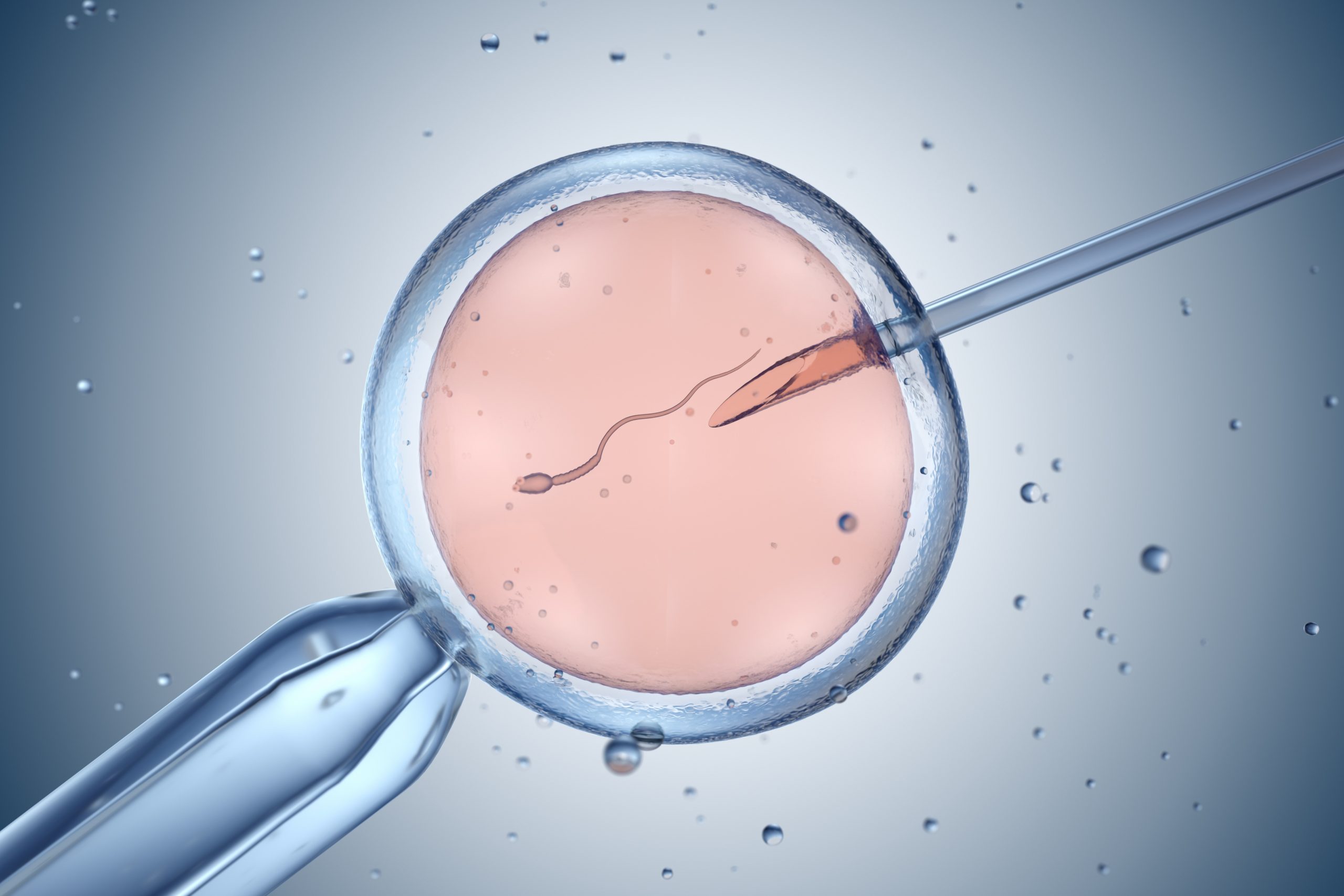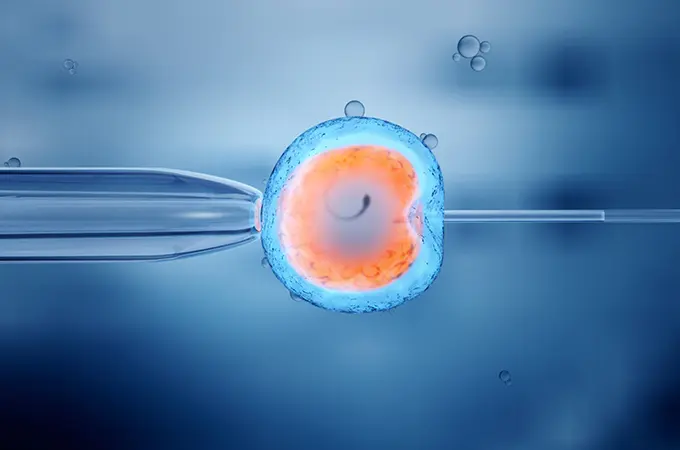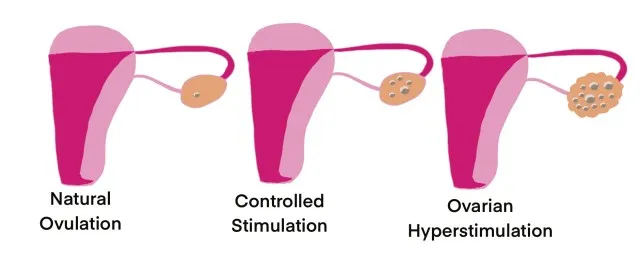Egg collection and the Tests Before IVF
In this article we are gonna dive deep into the necessary tests before egg collection to start your IVF treatment. Before starting in-vitro fertilization (IVF), a series of diagnostic tests are conducted to ensure the treatment is tailored to the individual’s health and fertility condition. These evaluations help maximize the chances of a successful outcome and minimize risks during treatment. Here, we outline the most critical tests required before egg collection in the IVF process.
1. Hormonal Blood Tests
Hormonal balance plays a significant role in ovarian stimulation and egg quality. These tests provide insights into ovarian reserve and overall reproductive health:
- Anti-Müllerian Hormone (AMH): Measures ovarian reserve by determining the number of small follicles in the ovaries.
- Follicle-Stimulating Hormone (FSH): Assesses ovarian function and egg production capacity.
- Luteinizing Hormone (LH): Evaluates ovulation and hormonal interplay.
- Estradiol (E2): Monitors estrogen levels, which indicate ovarian activity.
- Thyroid Function Tests (TSH): Ensures proper thyroid function, as thyroid imbalances can affect fertility.
- Prolactin: Checks for abnormal prolactin levels that could interfere with ovulation.
2. Antral Follicle Count (AFC)
Using a transvaginal ultrasound, this test counts the visible follicles in the ovaries at the beginning of the menstrual cycle. Combined with AMH levels, AFC provides a comprehensive assessment of ovarian reserve.
3. Infectious Disease Screening
Screening for infectious diseases is mandatory to ensure the safety of the IVF process and prevent any risks to the patient, partner, or future baby. Common tests include:
- HIV (Human Immunodeficiency Virus)
- Hepatitis B and C
- Syphilis
- Rubella immunity (to confirm protection against German measles)
- Chlamydia and gonorrhea (to detect pelvic infections)
4. Uterine Cavity Assessment
The uterine environment must be conducive to embryo implantation and growth. Tests to evaluate uterine health include:
- Hysterosalpingography (HSG): An X-ray test that examines the uterine cavity and fallopian tubes for blockages or abnormalities.
- Sonohysterography (Saline Infusion Sonography): Uses saline and ultrasound to detect uterine abnormalities such as polyps, fibroids, or adhesions.
- Hysteroscopy: A minimally invasive procedure that visually inspects the uterine cavity for abnormalities.
5. Semen Analysis (For Male Partner)
If the male partner’s sperm will be used, a semen analysis evaluates sperm count, motility, morphology, and overall quality. This test ensures that sperm are suitable for fertilization and helps decide whether standard IVF or intracytoplasmic sperm injection (ICSI) is required.
6. Genetic Testing
Genetic screening may be recommended to identify potential hereditary conditions or chromosomal abnormalities that could affect the success of IVF or the health of the baby. Tests include:
- Karyotype Testing: Analyzes chromosomal structure for abnormalities.
- Carrier Screening: Identifies if either partner carries genetic conditions such as cystic fibrosis or sickle cell anemia.
7. General Health and Fitness Tests
Good overall health is essential for a successful IVF outcome. Tests in this category may include:
- Complete blood count (CBC) to detect anemia or infections.
- Blood sugar levels to rule out diabetes.
- Body mass index (BMI) measurement, as extremes in BMI can affect IVF success rates.
- Blood pressure monitoring to ensure cardiovascular health.
8. Mock Embryo Transfer
This is a trial run of the embryo transfer procedure. It helps the doctor determine the optimal technique and catheter size for smooth embryo placement during the actual transfer.
9. Ovarian Reserve Testing
Ovarian reserve testing combines AMH levels, AFC, and FSH tests to provide a detailed picture of how the ovaries will respond to stimulation. This information is crucial for tailoring the medication regimen during IVF.
10. Endometrial Receptivity Analysis (ERA)
For patients with a history of implantation failure, the ERA test identifies the best timing for embryo transfer by analyzing the receptivity of the uterine lining.
Why Are These Tests Necessary?
These tests are fundamental for:
- Personalized Treatment: They allow fertility specialists to customize the IVF protocol based on individual needs.
- Minimizing Risks: Identifying potential health issues in advance reduces risks during ovarian stimulation and egg retrieval.
- Maximizing Success Rates: Comprehensive testing ensures that only the most viable eggs and embryos are used, improving the likelihood of a successful pregnancy.
Conclusion
Pre-IVF testing forms the foundation of a successful fertility treatment journey. By assessing ovarian reserve, hormonal balance, uterine health, and overall fitness, fertility clinics can tailor treatment plans to each individual. If you’re considering IVF, consult with your clinic to ensure you’ve completed these essential tests, setting the stage for the best possible outcome.
For any of your fertility problems, please do not hesitate to contact us. At Fertility Solutions we pride ourselves with the excellent tailored personal care we provide to our patients for their specific needs. A team member will contact you as soon as we get your message, and construct a personal treatment plan for your fertility problems in the country of Cyprus. You can also contact our clinics directly through the links below.
Cyprus Crown IVF Contact: https://en.cypruscrownivf.com/contact
Cyprus American IVF Contact: https://www.cyprusamericanivf.com/contact-us/
Dr. Halil Ibrahim Tekin (Dr. HIT) Youtube: https://www.youtube.com/@dr.halilibrahimtekin1715
Cyprus American IVF Youtube: https://www.youtube.com/@AmerikanTupBebekMerkezi




